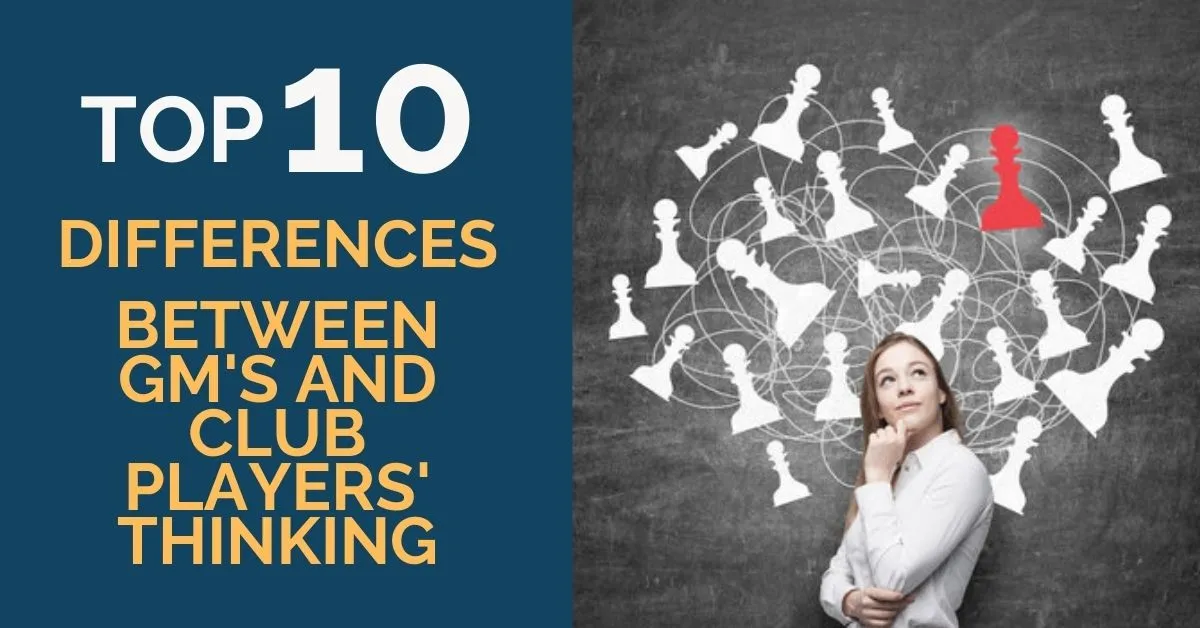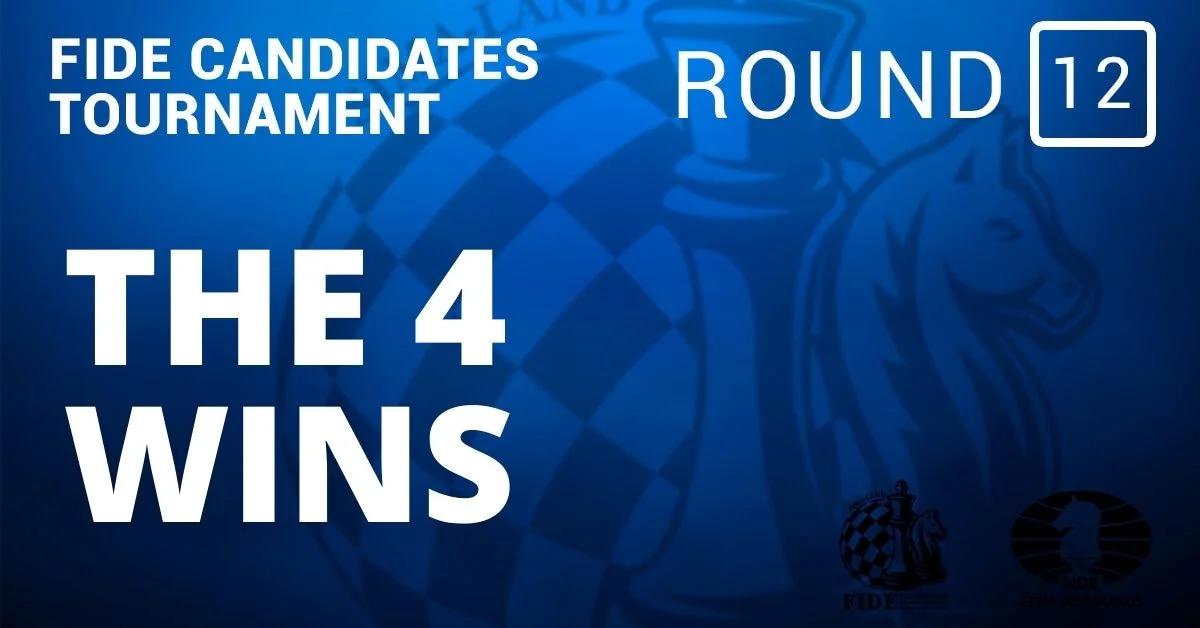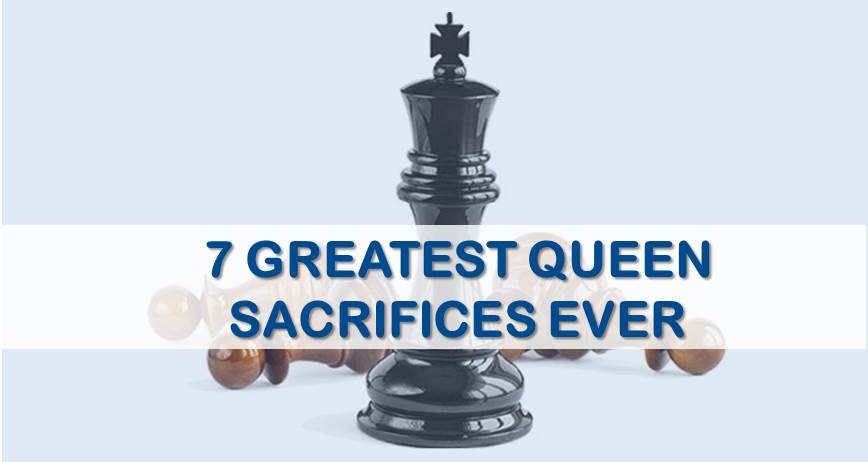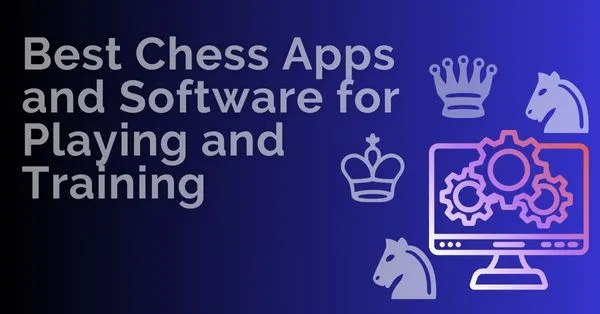Top 10 Differences Between Club Players’ and Grandmasters’ Thinking

Chess is a complex game that requires a good memory, creativity, patience, and many other qualities. Perhaps, the main demand is the ability to think. For some reason, most of the players never really work on improving their thought processes. Instead, they spend all their time studying openings and solving puzzles. It is still a good investment that will pay off over the board, but to fully unlock your potential it is necessary to get rid of mistakes in thinking.
In this article, we will discuss 10 differences between the thought processes of club players and grandmasters. Hopefully, this will help you see what to work on in the future to improve your thinking.
1. Seeing more options
Club players often miss good continuations.
The main reason is they are not even looking for different options during the game. Instead, they see a good-looking move and immediately try to investigate it as deeply as possible.
This way they overlook many strong and important alternatives early on for both sides. Such a mistake not only limits their possibilities but also often leads to blunders.
Being more attentive to the details and seeing more options for both sides are the areas you can work on to improve your chess calculation.
2. Calculating only necessary variations
The calculation is one of the most important and hardest to master aspects of chess. Every chess player knows how easy it is to get lost in countless variations during the game.
Also, it is undoable to calculate every possible move in a complicated position. Yet, quite often club players try to do that. It usually leads to exhaustion, time troubles, and eventually blunders. Grandmasters use their positional and strategic understanding to navigate in the lines they calculate. It helps reduce the amount of work drastically.
Simple example: a club player can calculate every meaningful reply to their move in the position, while the grandmaster can think, “If my opponent makes this move, I will have a strong centralized knight. I can’t be worse with such a beautiful knight. So the only move I should really consider is if they trade it right now.” This way you can see how little work a grandmaster would do thanks to his positional and strategic understanding.
3. Grandmasters trust their intuition more
Grandmasters have a lot of experience of playing tournaments of different levels. They have had countless amounts of combinations, blunders, strategic decisions, different openings, ups and downs in their careers.
This hefty background often helps them figure out the right continuations in their games. Sometimes grandmasters just have the feeling of what move should be played.
Usually, we call this feeling intuition. Club players have intuition too, but, as a rule, it is either less developed or they don’t trust it much and try to check out everything carefully. Similar to the previous note, this can lead to exhaustion and time troubles too.
4. Time management
Of course, some club players play faster than some grandmasters. It is difficult to compare when everyone has their unique character, approach, strengths, and weaknesses.
But overall, grandmasters need less time to see tactics and calculate variations; they usually know the openings much better and hence, spend less time on it during the game too. But their fast play comes not only from more knowledge but also experience.
Grandmasters pay more attention to the clock in general. They treat it as a full-fledged part of the game and so, try to be better at it too.
5. Structured thinking
A typical mistake in the thought process is calculating lines chaotically.
A player can go over the same line over and over again, think of some peculiar ideas that will never appear on the board, miss important candidate moves, forget to check certain lines, and so on. Grandmasters calculate variations in a more structured way.
Of course, everyone has their own preferences and methods, but strong players rarely make the mistakes mentioned above. Structured thinking demands discipline and self-control, but it can improve your results a lot.
6. Paying attention to the opponent’s ideas
You can’t become a grandmaster if you never pay attention to your opponent’s ideas.
Chess is a game played between two players. So both sides make plans and confront each other’s ideas. Grandmasters often aim to neutralize the opponent’s plans first, while club players usually make emphasis on their own ideas. It is also worth mentioning that prophylaxis is not only about the strategy.
It also helps to avoid traps and blunders. Grandmasters are always on the alert and see all of your tactical threats in advance.
7. Identifying critical moments
During the game, a chess player faces the need to make different kinds of decisions. Some of them are simple and don’t really affect the natural flow of the game.
Usually, it doesn’t take much time to make a move in such situations. The other kinds of positions require a certain precision from the player. One decision can take the game in a different direction.
The issue here is that inexperienced players can often miss such moments. They don’t feel the need to take a pause and spend more time on the next move. Grandmasters are good at identifying such critical moments and therefore, pay more attention to them and make fewer mistakes.
8. The attitude towards material
It is not a problem to sacrifice material when the consequences are possible to calculate.
Club players for sure know a lot of typical sacrificial ideas and use them successfully. On the other hand, it is hard and scary to give up material in exchange for positional factors.
Grandmasters don’t have prejudices about the material. They can sacrifice a pawn to damage the opponent’s pawn structure or open a file for their rook.
They can give up a piece for two pawns and long-term initiative against the opened king. Such ideas are hard to evaluate precisely, and it takes not only braveness but also a great understanding of chess to implement them.
9. Transforming positions
Some people are conservative and rarely try new things in life. The same we often can see in chess: some players never try new openings, new plans, new styles. It can be not only about laziness or lack of time for studying but also about the fear of changes, leaving the comfort zone.
This sounds a little bit philosophical and too general, but such fear can affect our decisions even during one single game. Sometimes the best continuation in a position is to change it. For example, if you have an extra pawn, the easiest way to win can be to give it up in exchange for the attack against the king.
Alternatively, it could happen that you had an attack, but at some point, the best option for you is to enter a better endgame. It is hard to make a decision to entirely change the character of the game, but grandmasters usually can be flexible and fight the temptation to keep things the same.
10. Breaking the rules
We all know that it is good to castle early, fight for the center, bring all the pieces into the game, and so on.
These principles are made to simplify learning the strategy and give some ideas for better navigation in the openings. Modern grandmasters know these rules well, but they also see when it is good not to follow them. In most of the positions, a knight is poorly placed on the edge of the board.
But in some cases, directing the knight to the edge can be the best continuation. It happens because some other factors in the position are more important. Grandmasters respect the general principles of chess, but they are flexible enough to break the rules if it seems justified.
Introducing Grandmaster’s Thinking Blueprint
What if you could get a seasoned grandmaster who regularly clocks 2600-rated performances in international tournaments and also has coaching experience for 15 years… shares how he feels and thinks during his games?
GM Misa Pap is here with the brand-new course Grandmaster’s Thinking Blueprint today, giving you a rare inside peek inside his mind?
https://thechessworld.com/store/product/grandmasters-thinking-blueprint-with-gm-misa-pap/










Comments: